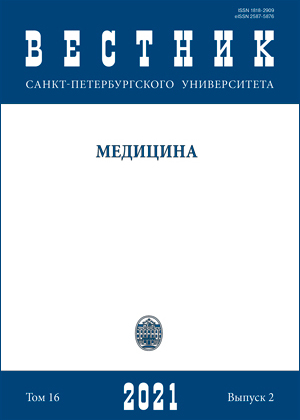The The production of organic food is an urgent direction in the implementation of healthy nutrition for the population of Russia
DOI:
https://doi.org/10.21638/spbu11.2021.207Аннотация
The article analyzes the legislation of the European Union and Russia on the production of organic food products and the current state of the world and Russian markets for organic products. In the world, 179 countries are engaged in organic agriculture, 93 of them have their own laws in the field of production and circulation of organic products. The area of agricultural land in the Russian Federation, occupied by crops of organic crops, is the lowest percentage in comparison with the rest of Europe. Russia is actually the last developed country to adopt a law on organic products. Organic products, in comparison with traditional ones, are less contaminated with pesticides, nitrates, toxic metal compounds, mycotoxins. Organic vegetables and fruits contain more vitamins, a number of minerals and antioxidants, milk — polyunsaturated fatty acids, mainly due to the omega-3 pool. Organic beef has less cholesterol, fat, fatty
acids, but more α-linolenic acid, α-tocopherol, β-carotene, coenzyme Q10 and taurine than regular beef. The advantages of using organic food products in the nutrition of the population are substantiated. In conclusion, the government proposes measures to support Russian farmers interested in organic production.
Ключевые слова:
organic food, organic farming, safety, nutritional value, legislation
Скачивания
Библиографические ссылки
References
Загрузки
Опубликован
Как цитировать
Выпуск
Раздел
Лицензия
Статьи журнала «Вестник Санкт-Петербургского университета. Медицина» находятся в открытом доступе и распространяются в соответствии с условиями Лицензионного Договора с Санкт-Петербургским государственным университетом, который бесплатно предоставляет авторам неограниченное распространение и самостоятельное архивирование.




